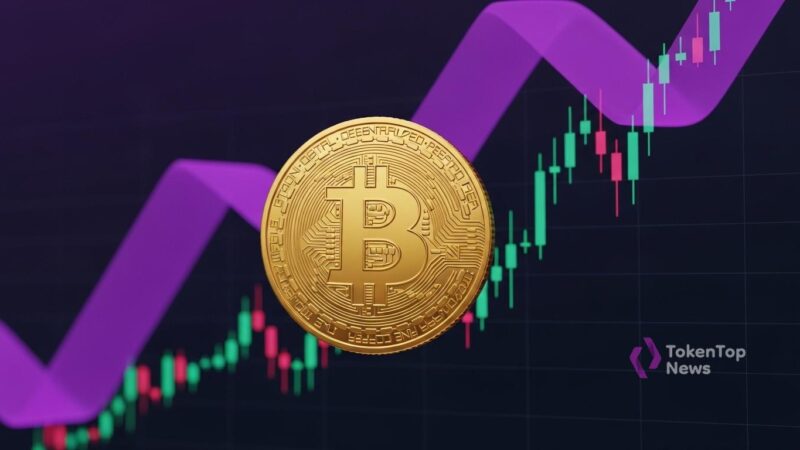US-EU Trade Tensions Impact Crypto Sector
- Main event, leadership changes, market impact, financial shifts, or expert insights.
- US demands EU concessions amid tariff threats.
- Crypto markets may see significant impacts.

The US is demanding unilateral trade concessions from the EU, threatening 50% tariffs on exports if a deal isn’t reached, affecting the crypto sector.
US Trade Demands
The US, spearheaded by officials Howard Lutnick and Jamieson Greer, is pushing the EU for unilateral trade concessions. This action comes amid escalating tensions with potential tariffs of 50% on EU exports worth approximately €380 billion.
The EU, led by Trade Chief Maros Sefcovic, is in frequent talks with US representatives. Notable EU leaders like Macron have publicly criticized the US strategy, advocating for a unified European response. Tariffs could significantly alter traditional and digital market dynamics.
Market Impact
Immediate effects include potential disruption in US-EU trades, with significant impacts on the crypto sector. The US-imposed tariffs could strain both traditional economic sectors and digital assets, sparking industry-wide concerns about valuation and liquidity.
Financial implications include inhibited market flows and potential EU retaliation in sectors like cryptocurrency. Political responses have been strong, with Macron criticizing the approach and indicating possible countermeasures that could affect bilateral trade relations. Macron stated, “Brutal and unfounded, this decision demands a unified European stance to protect our interests.” – BloomingBit
Crypto Sector Concerns
The ongoing tension poses challenges for US-based crypto assets, with targeted regulatory scrutiny expected. Digital currencies like BTC and ETH might see increased friction, impacting cross-border investments and leading to volatility in crypto markets.
Historically, trade disputes have caused market volatility in the digital sphere. Prospective outcomes may include tighter regulations on U.S.-centric crypto platforms and exchanges in Europe. Historical context suggests potential for rapid shifts in liquidity and valuation.



